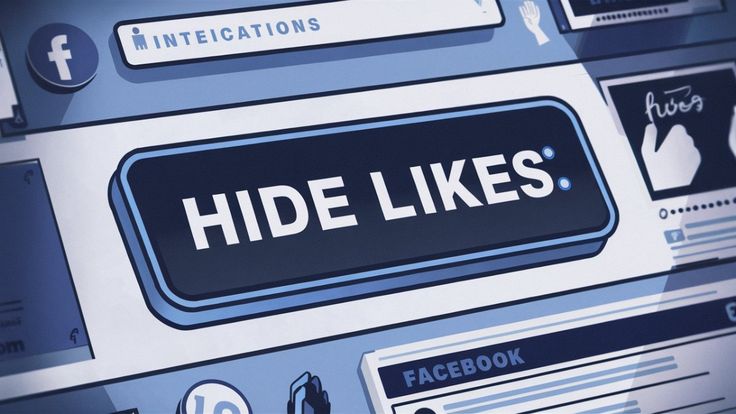Wilma Inventor-Miranda l July 9, 2024 l Manila Bulletin

Many people nowadays hide likes on their social media accounts for business or otherwise. I was curious, so I checked. The reasons were valid enough to convince me to hide likes on my social media account, too.
One major reason is that users often prioritize posting content that will garner more likes over sharing posts with real substance or authenticity. It’s important for users to share content that reflects their genuine opinions and feelings. Hiding likes can give users the freedom to show content that can benefit readers and really reflect one’s thoughts and opinions, resulting in more authentic sharing rather than just collecting more likes.
Another reason why likes are being hidden by some users is because they want to stop the habit of comparing likes between posts and between users. One of your posts may not seem to generate more likes than some of your other posts, but that does not mean that the images and ideas you share on that particular are inferior to the other posts you have. In fact, just like me, you may have experienced that what seems to be good content for you did not earn more likes than a post that you did not expect to generate more likes (algorithm can sometimes play a part, too).
On the other hand, your likes may fare better or less than the others when compared to the number of likes, but it does not always mean your content is better or inferior to the others. It is now more of a popularity contest than the value of the content. It takes much pressure to post to attract more likes, but without the likes shown, creating content is more enjoyable since you get to post what you genuinely plan to post without comparing. I have always carried this favorite verse in the poem Desiderata: “Do not compare yourself with others for you may become vain or bitter, for always there will be a greater or lesser person than yourself”.
It applies to social media, too—people tend to compare based on how many likes they can generate from their posts, and without the likes, the comparison stops.
Hiding likes gives one more peace and is a show of humility because even if you earned more likes (because the user can count the number of likes in their posts) over another post, there is no sense of superiority. To your mind, if other people want to count the number of likes in your posts (because they really can if they want to), let them count to their heart’s content, but they will likely give up since they will be wasting time if the likes in your posts go to 200 or even 300-500. Who wants to waste time counting on likes?
You will also prevent biases based on likes since people will now base their appreciation more on the value of the content and focus more on the content than the post’s popularity. They will also be more likely to comment and engage in lively discussions.
For young people, this will prevent cyberbullying since a bully can rally people behind him when attacking another teenager based on the number of likes. It also prevents negative effects on mental health, especially among our young, since because of their lack of maturity, they tend to compare their popularity to that of their friends based on the number of likes they get over somebody else.
But how about the metrics that businesses will use to measure whether the promotions of their products are effective or not? Gauging the performance of your products based on the number of likes on the posts is not a dependable metric at all – some even call it a “vanity” metric. It may generate thousands of likes but does not necessarily translate to sales. There are other better performance indicators to check whether your brand performed well in terms of the effectiveness of your hired influencers, increased brand awareness, and improved customer engagement because of social media (source: variety.com 11.22.2019).
As for now, I am glad I am not showing likes in my posts (like my other Facebook friends, I suppose), who had hidden the likes in their posts. Weighing the pros and cons, there are more pros on the side of hiding likes than cons. The number of my friends hiding their likes on social media is increasing, too, and not only my friends but the number of social media users in general as well.
In the end, it is really more of a personal preference. We can always go back to showing likes if we want to, except in Instagram, where I understand the application is the one hiding the likes for many of the reasons I stated above.
Whatever your reason, you alone know your real motive for showing or hiding likes on your Facebook account. The important thing is that you use social media for the good of all.
*** (Wilma Miranda is a Managing Partner of Inventor, Miranda & Associates, CPAs, Chair of the Ethics Committee of FINEX, and member of the Board of Directors of KPS Outsourcing, Inc. The views and opinions expressed above are those of the author and do not necessarily represent the views of FINEX). Photo from Pinterest.

